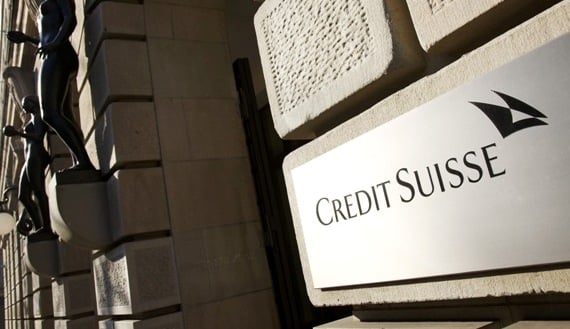Wellington Management Co. LLP's 401(k) dominated those from other financial services firms — thanks mostly to the plan's low costs and rich employer contributions.
The firm's retirement plan came in fourth place on BrightScope Inc.'s Year-End Top 30 Ratings List, which covered 401(k) plans with more than $1 million in assets.
Of the thirty firms, six came from the financial services industry, including Credit Suisse Group AG, which was ranked seventh. Ernst & Young LLP followed in 19th place, as did UBS in 24th. The Goldman Sachs Group Inc. and Deloitte LLP came in 27th and 30th places, respectively.
UBS and Goldman are investment-only players in the defined-contribution space, making funds available to 401(k) clients.
Investment expertise aside, Wellington earned top marks because of its generosity toward its workers, according to Mike Alfred, chief executive of BrightScope. “Their contributions — the average amount going into the plan on behalf of each participant — is very high,” he said.
Wellington chipped in $20,315 per participant last year, while the average participant contributed $9,339 of their own salary toward the firm's 401(k), Mr. Alfred said. Further, the company touts a 100% participation rate in its 401(k) plan. Moreover, the total plan costs 37 basis points, which Mr. Alfred adds is substantially lower than peer firms.
The firm features 91 investment options, many of which are Wellington products.
The Vanguard Group's Prime Money Market Fund, however is among the top three funds in use in the firm's 401(k).
Credit Suisse offers a variety of funds in its menu as well — a total of 64, compared with the plan average of 24. The Swiss company's three most popular offerings come from Fidelity's Managed Income Portfolio and Vanguard's Life Strategy Growth and Russell 3000 Index funds, according to BrightScope's data.
Fund companies that eat their own cooking by placing their mutual funds in the 401(k) include UBS and Goldman Sachs. Mr. Alfred noted that while fund families don't necessarily want to be viewed as channeling participants into their own funds, it's hard to argue if the funds are strong performers.
Some fund companies have taken steps to reduce that perceived conflict. “If you're a large retail fund family, you could eat the cost and not make the employees pay for it,” Mr. Alfred said.







